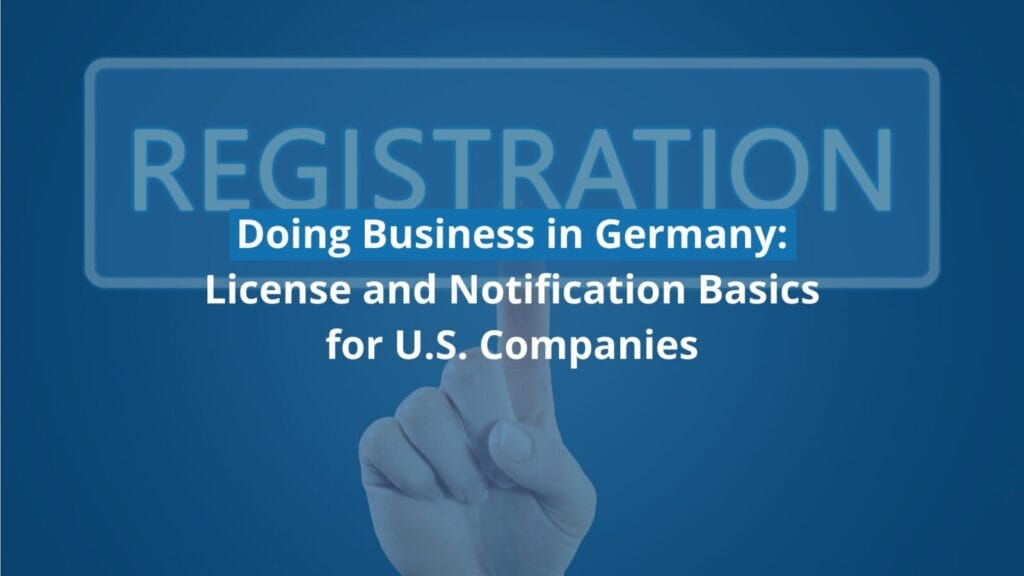Understanding the “Gewerbeanmeldung”
When you come across the German term Gewerbeanmeldung, it refers to the mandatory notification you send to your local trade office to inform them that you are starting commercial activities. The key point to understand: in most industries, you are not asking for permission to do business, you are just giving a formal notice.
The local trade office (Gewerbeamt) is responsible for businesses in your geographical area. The process is usually straightforward and can often be done online. For legal entities such as a GmbH or UG, you typically only need to provide basic corporate information and data about the managing director.
Who Does Not Need a Notification?
There are exceptions: some professions do not fall under the category of requiring a Gewerbeanmeldung. These are the so-called “liberal professions” (Freie Berufe), including, for example:
- Medical doctors
- Lawyers
- Tax advisors
- Artists and scientists
These highly qualified professions are treated separately from typical commercial businesses. If you belong to one of these professions and your business activities relates to your profession, neither a notification nor a business license is required.
When a Real Business License Is Required
While most commercial activity can be undertaken with only a simple notification to the local trade office, some industries are more strictly regulated and require an actual license. Licenses are required mainly where public safety or consumer protection concerns arise. Examples include:
- Insurance or finance brokers and investment advisors
- Real estate brokers and mortgage loan brokers
- Craft trades such as electricians, roofers, and plumbers (registration in the Handwerksrolle, a special craftsmen’s register required)
- Sellers of alcohol for immediate consumption such as restaurants
- Gambling and betting services
- Passenger transport (taxi, Uber-like services)
- Sale of chemicals, pharmaceuticals, or weapons
- Private security services
In these industries, authorities check qualifications, training, or personal reliability, especially with regard to criminal history. This ensures consumer and public protection before granting the license.
Practical Aspects for U.S. Businesses
If you are setting up your German business and are planning activities that don’t require a license, it is still important to submit a Gewerbeanmeldung. This has to be submitted as soon as you start your operations; most local trade offices will grant you a grace period but if you take too long, you may face a fine for delaying this important notification. The process itself is not complicated, but it is one of the necessary administrative steps you cannot skip. Once filed, you will receive confirmation of your notification.
If you plan to engage in any activities that require a license, it is important that you obtain a license before starting your operations.
To better understand the broader steps of entering the German market, you may also find our guide on company registration in Germany helpful. It outlines practical steps beyond just the license question. Furthermore, to plan efficiently, see our overview of the GmbH formation timeline and what to expect as a U.S. company.
Next Steps for Market Entry
If you are unsure whether your business model falls under simple notification or requires a full license, you should review your case early. This avoids costly delays after launch. Keep in mind that your legal structure can affect licensing requirements, so it’s worthwhile to review the different types of companies in Germany to ensure you’ve chosen the right entity before proceeding.Our free tool “Are You Ready for Europe?” can help you assess your readiness for the German and EU market.
Conclusion
For most businesses in Germany, getting started only involves notifying the trade office rather than asking for permission in the form of a license. Only in sectors tied to public or consumer safety will you need a specific license. As a U.S. business entering Germany, it is crucial to identify early in which category your business falls. With careful preparation, the licensing and notification process is straightforward and will not stand in the way of your market entry.
